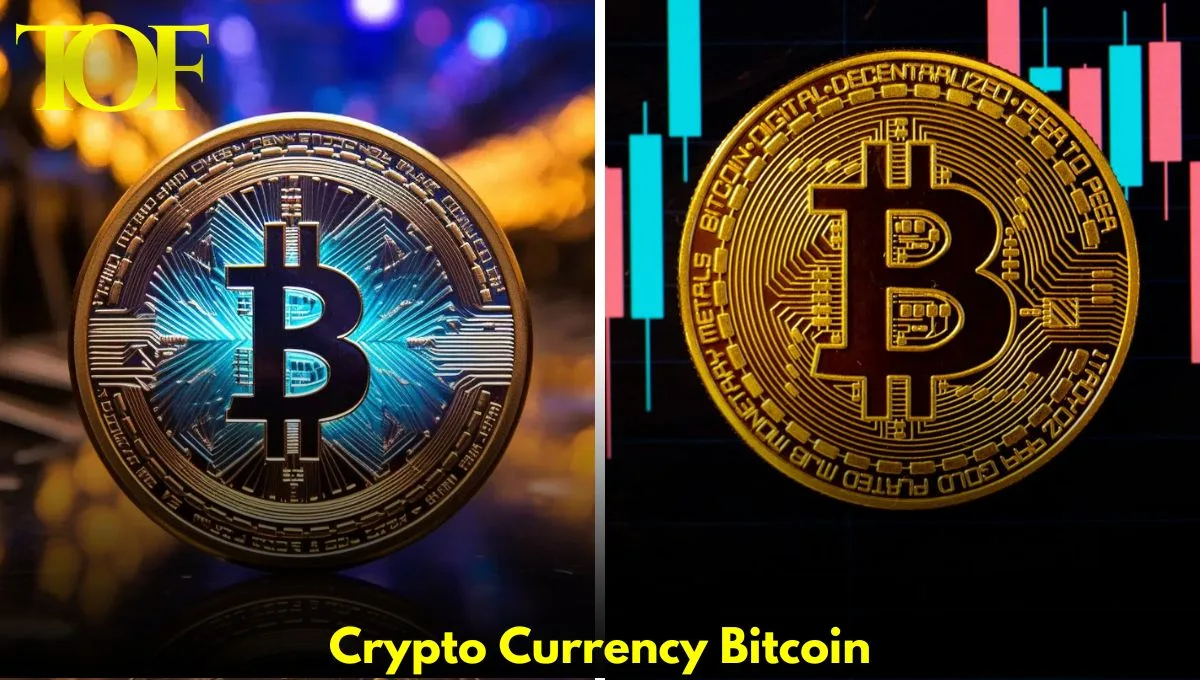Today, global monetary economies are seen to become very different as big central banks employ new strategies to stimulate their economies. The United States‘s Federal Reserve, for instance, has transitioned into more accommodative monetary policies, which is relatively different from its previous stance. Meanwhile, the People’s Bank of China has rolled out a targeted stimulus package that includes interest rate cuts, a reduction in the reserve requirement ratio for banks, and a gigantic 500 billion yuan program to fund institutional stock purchases. The government also allocated 300 billion yuan to complement corporate stock buyback programs.
The Bank of Japan has implemented a negative interest rate policy to increase borrowing and spending, while the European Central Bank is also considering lowering interest rates to inject demand into the economy. Overall, these steps form part of an increasingly popular trend by a slew of central banks to inject liquidity into the global financial system, with the combined total for liquid assets exceeding $100 trillion.
With rising global liquidity, so have its prices historically, when system liquidity is rising Bitcoin tends to rally. The correlation here paints a picture of how Bitcoin is becoming a relatively more dynamic digital asset responding to shifts in the global economic landscape.
It can arguably be regarded as one of the most compelling aspects of Bitcoin: it can be seen as a global monetary alternative. Since Bitcoin follows a decentralized blockchain, there is no central bank or government. The transactions cannot be blocked or reversed by any authority since they are censorship-resistant. Of course, the capped supply of 21 million coins does not let it be a victim to inflation, unlike any traditional fiat currency, which can just be printed in unlimited quantities.
Bitcoin presents an alternative monetary system because, in an age where central banks pump massive liquidity and currencies devalue, the scarcity model of Bitcoin opposes the availability-based monetary system currently adopted. Availability-based monetary systems are susceptible to widespread inflation.
The demographic profile also changes worldwide. Millennials, born between 1981-1996, and Gen Z, born between 1996-2010, now make up more than half the population across the world. Millennials and Gen Zers are inherently predisposed to welcoming technological innovations because they grew up during the smartphone and social media age. Consequently, their propensity for digital solutions positions Bitcoin, and other cryptocurrencies, at the forefront of their financial strategies.
To them, Bitcoin is freedom in the hands, its decentralized nature giving them autonomy and control over their finances. This is exactly a generation that wants nothing but transparency in the way their finances are managed, and, of course, they will appreciate the ethos of Bitcoin more aligned with advanced technology determinism. And as these new digital pioneers easily accept cryptocurrencies, then they are likely to chart the future of the financial system.
On October 7, the United Arab Emirates hogged all the headlines by exempting all transactions involving cryptocurrencies from value-added tax. The United Arab Emirates has thus bucked the trend and put itself in line with the global leaders in the Crypto space. This strategic move legitimates the virtual assets sector within the country but sets the stage for the UAE to emerge as a central hub for cryptocurrency innovation. With over $35 billion in institutional crypto investments since June 2022, the UAE is becoming rapidly and quickly a key player in the fast-evolving digital finance landscape.
Countries around the world are also raising the stakes in the crypto arena. South Korea has drawn some $18 billion in crypto investments, India secured $7 billion, while Brazil, Turkey, and Nigeria landed $4 billion in investments.
El Salvador, for example, made such a bold step, adopting Bitcoin as a legal tender and making history by integrating cryptocurrency into the national economy. Paraguay, Argentina, and Indonesia are still developing the regulatory frameworks to allow further growth in the crypto sector. Meanwhile, Malta received the title of “Blockchain Island” for its forward policy towards digital assets, and Southeast Asian countries like the Philippines, Thailand, and Vietnam set clear rules creating the environment for cryptocurrency innovations in those countries.
Today, it can be observed that more are interested in Bitcoin and other cryptocurrencies as central banks go about reassessing their policies due to the various global economic challenges. This is for the reason that Bitcoin represents something more than a digital currency – that is, a revolutionary financial asset with secure blockchain technology and capped supply coupled with decentralized characteristics.
The question remains: whether countries such as Pakistan will seize this change and swim with the tide of the rapidly changing digital economy. As countries create a new footing for a new era in finance, those that encourage and regulate cryptocurrencies will reap a huge benefit in the trillion-dollar digital economy. Money is going digital; that future will be shaped by the leaders of that change.
To Read More: Finance


[…] Read About Bitcoin Role […]